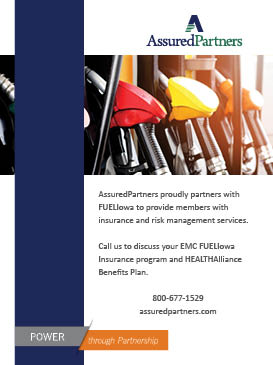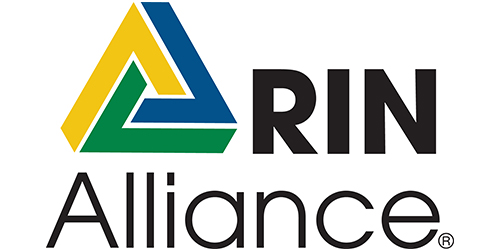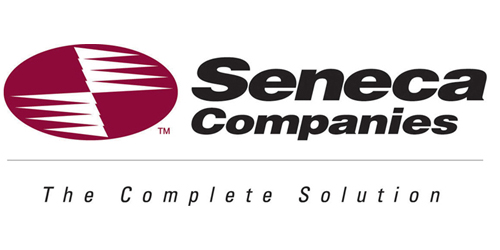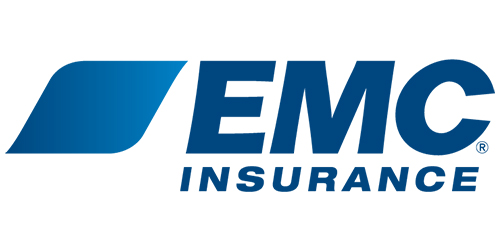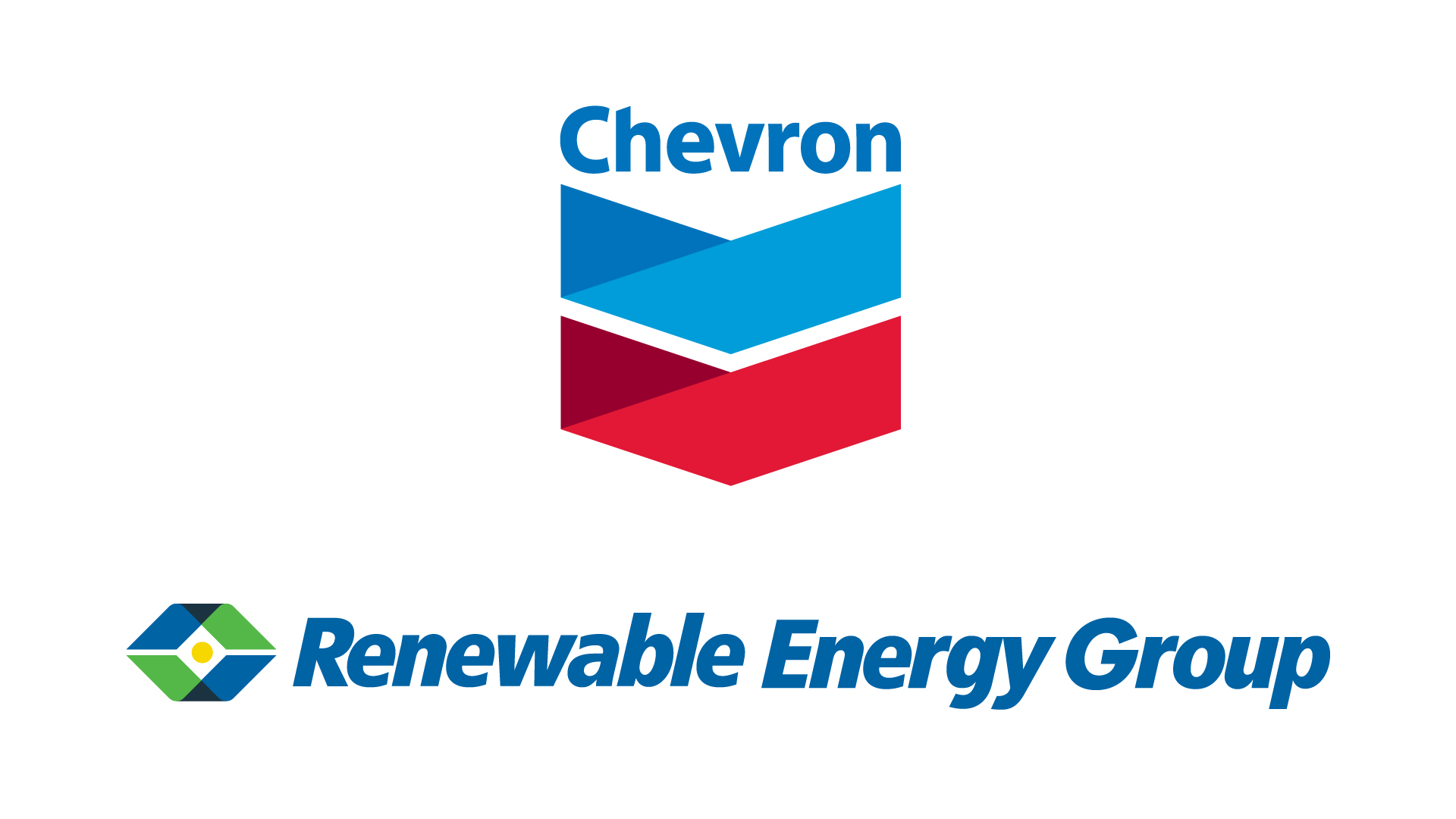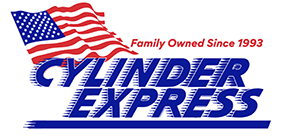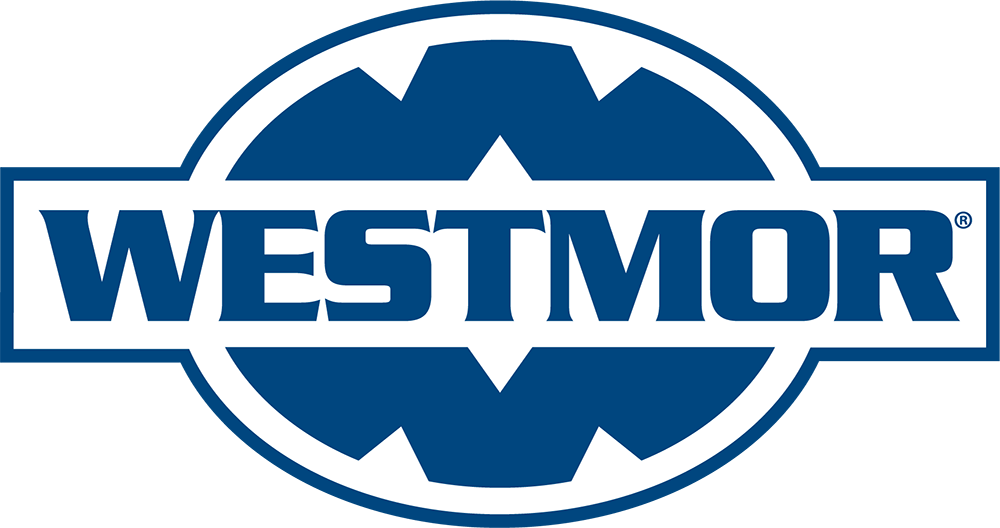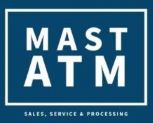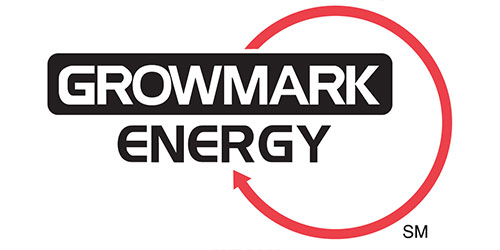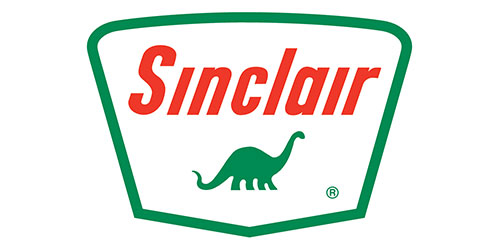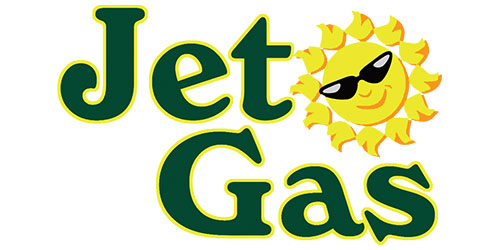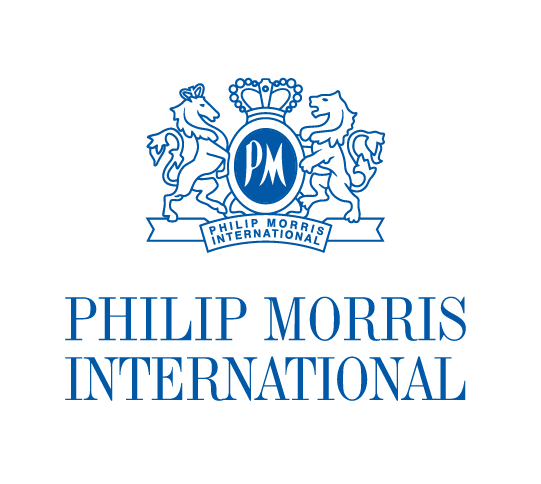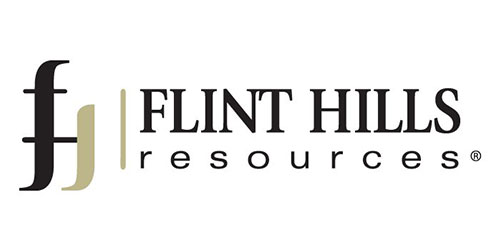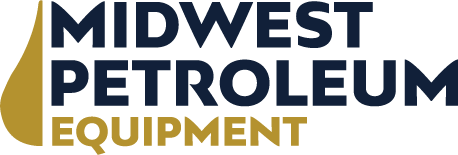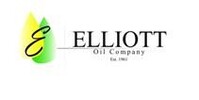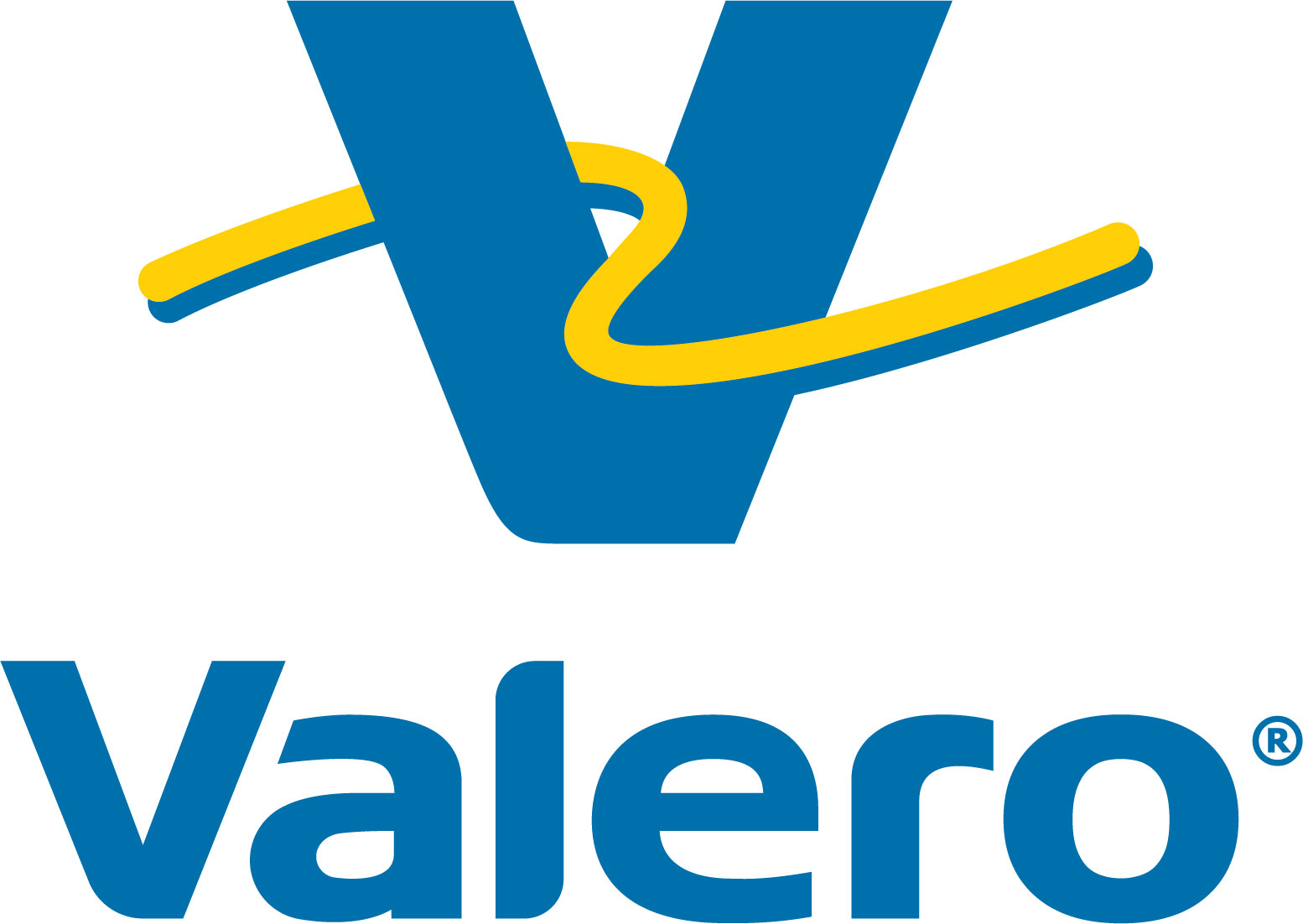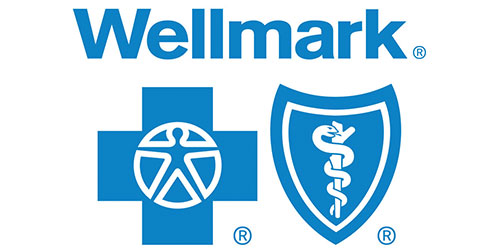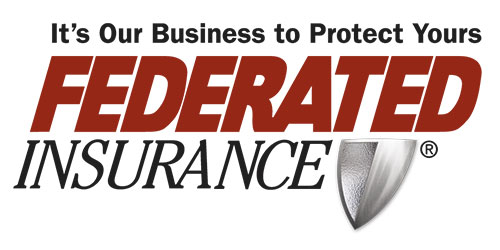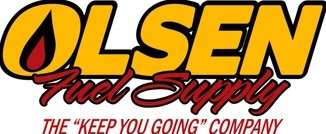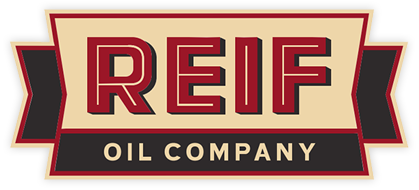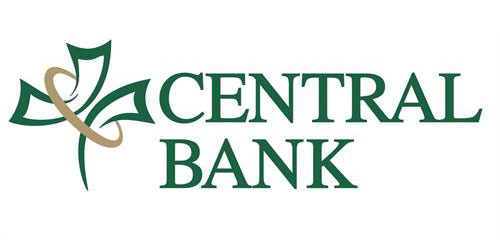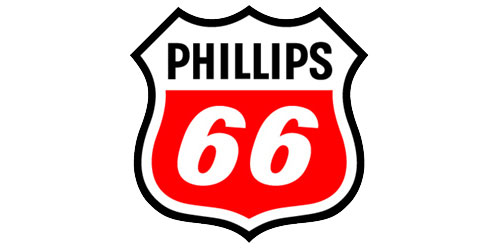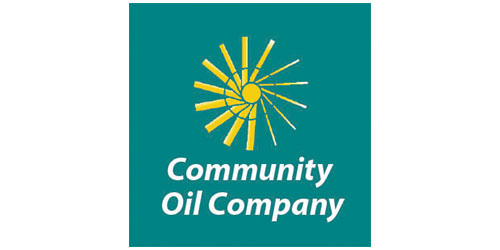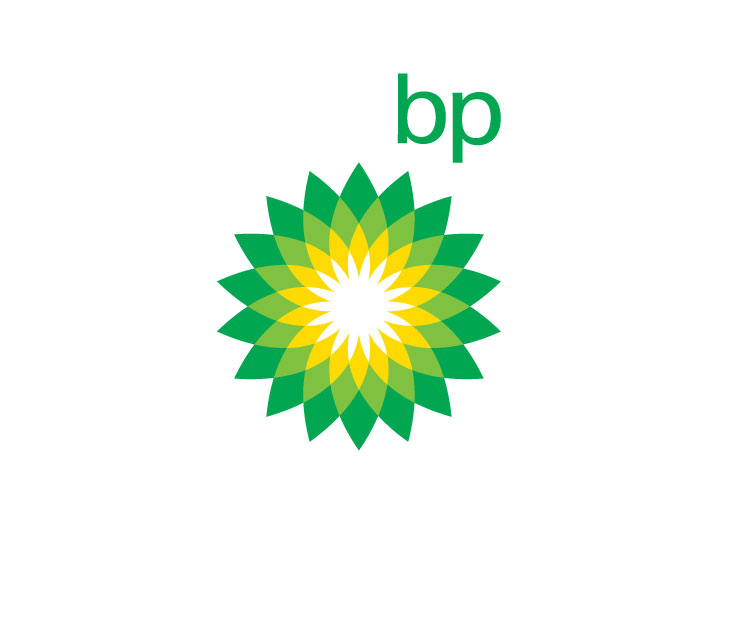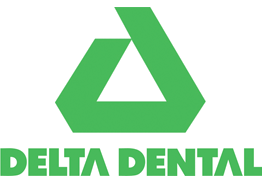
FMCSA’s New Alternative Vision Standard Replaces Current CDL DRIVER Vision Exemption Program
January 25, 2022 | 
From EMA:
The FMCSA issued a final rule that allows certain CDL drivers with otherwise disqualifying visual acuity and field of vision conditions the chance to maintain their CDL medical qualification under a new alternative vision standard. Currently, drivers with visual acuity and field of vision deficiencies are prohibited from driving CMVs in interstate commerce unless they obtain an exemption from FMCSA. The new rule is good news for energy marketers because it provides drivers with vision deficiencies additional avenues to obtain a medical certificate required for operating a commercial motor vehicle. The new alternative vision standard replaces the current vision exemption program as the basis for determining the physical qualification of these drivers. The new standard requires drivers with disqualifying vision conditions to obtain a Vision Evaluation Report (Form MCSA-5871) from a specialist, such as an ophthalmologist or optometrist, in addition to undergoing the current physical qualification exam conducted by a DOT certified medical examiner (ME). The ophthalmologist or optometrist records the findings of the vision evaluation and provides specific medical opinions on the new Vision Evaluation Report. The ME is not required to follow the vision specialist’s recommendation as to the individual’s visual qualifications but only take it under consideration. Individuals physically qualified for the first time under the alternative vision standard must satisfactorily complete a road test before operating in interstate commerce. The employing motor carrier conducts the road test in accordance with road test standards already required under 49 CFR § 391.31. CDL drivers are exempted from the road test requirement if they have 3 years of intrastate or specific excepted interstate CMV driving experience with the vision deficiency, hold a valid Federal vision exemption, or are medically certified under the previously administered vision waiver study program in 49 CFR § 391.64(b). Exemption holders have 1 year after the effective date of the final rule to comply with the alternative vision standard, at which time all exemptions issued under 49 U.S.C. 31315(b) become void. Medical certificates issued to drivers using the alternative vision standards are valid for up to 12 months. The FMCSA has not yet released Form MCSA-5871 but will do so soon. The FMCSA rule only applies to interstate drivers. However, many states adopt the FMCSA regulations for intrastate drivers.
Annual EPCRA TIER II Reports Due March 1st
The Emergency Preparedness and Community Right to Know Act (EPCRA) of 1986 was created to help communities plan for chemical emergencies. EPCRA requires facilities to report each year on the storage, use and release of hazardous chemicals (including petroleum products) during the previous calendar year. Typically, Tier II reports are filed with the state or local Fire Marshall (see state compliance section below). The information on the EPCRA Tier II report is used by state and local governments for emergency response to risks associated with stored hazardous chemicals. Facilities that store over 10,000 pounds of hazardous chemicals (petroleum products) onsite at any point during the previous calendar year must file an EPCRA Tier II. The 10,000 pounds compliance trigger is calculated by combining the volume of all petroleum on site in every storage container including above ground and underground bulk storage tanks, portable skid tanks, and heating fuel or propane tanks used to heat facility buildings (see gallon to pound conversion chart below). Retail gasoline facilities with 75,000 gallons or less of gasoline storage capacity and 100,000 gallons or less of diesel fuel storage capacity are exempt from EPCRA reporting requirements. Card lock fueling facilities are also subject to the retail fueling facilities exemption, with the same storage capacity limits above. Tier II reports for 2021 must be filed with state emergency response authorities by March 1, 2022. FUELIowa members required to file a Tier II report may access information on the Iowa Department of Natural Resources website here.

